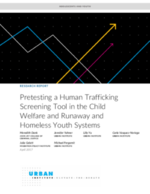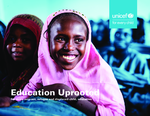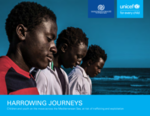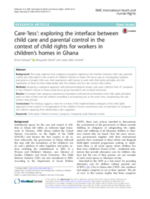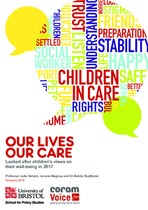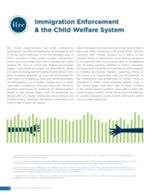Pretesting a Human Trafficking Screening Tool in the Child Welfare and Runaway and Homeless Youth Systems
In order to better serve youth trafficking victims, this study developed a Human Trafficking Screening Tool (HTST) and pretested it with 617 runaway and homeless youth and child welfare-involved youth.

